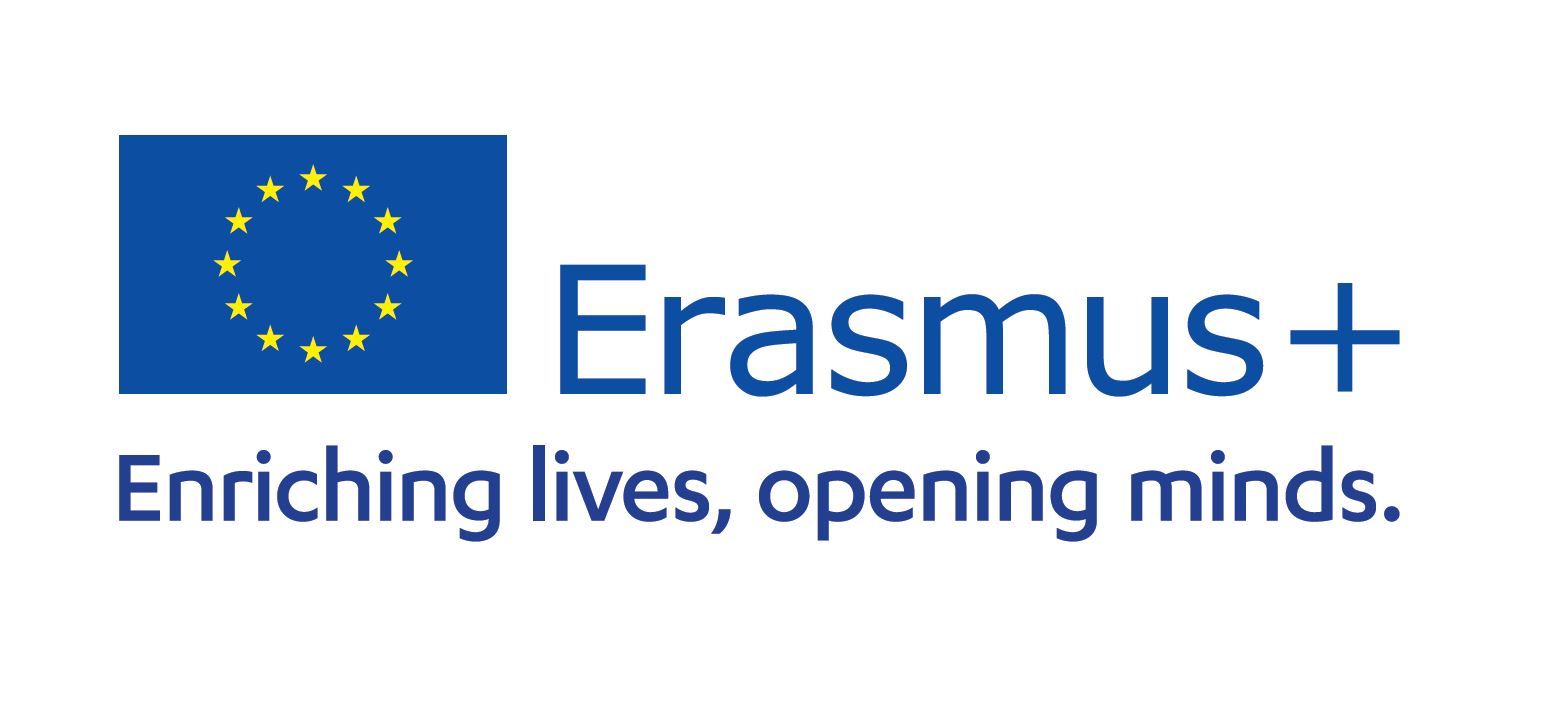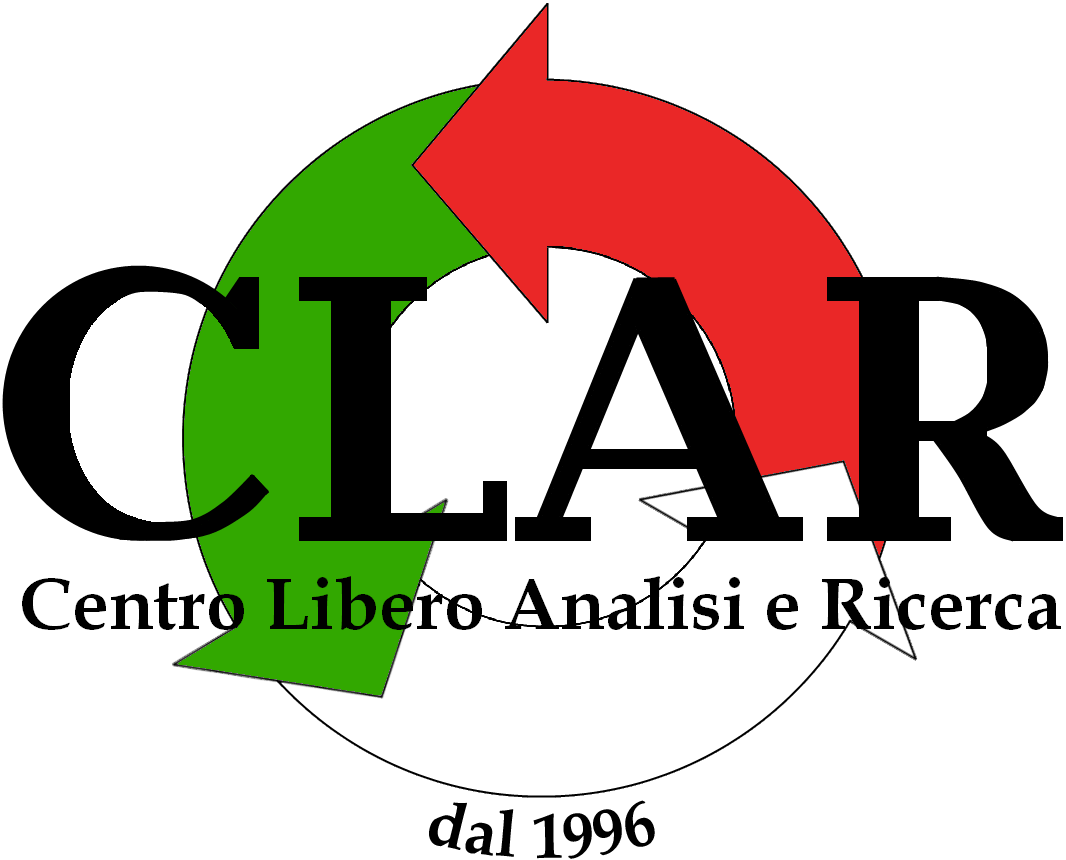It is really a pleasure for CLAR to inform all of you that a new Erasmus Plus project involving our Association has been approved by the British National Authority, thanks to the excellent application provided by our leading partner, The Soil Association.
Here below the first essential information about this exciting new job! We will keep you informed about the further steps of the project.
Planet-Friendly School Communities
Practical climate change and environmental solutions with communities around schools,
through the topic of food
Our project seeks to inspire people to be the change they want to see. We will develop an online e-learning platform to share best practice from across the 10 partnership countries on how we can all make small changes in our lifestyles to help combat climate change and environmental damage. The project partners are a mix of environmental NGOs, universities, Vocation and Education Training (VET) bodies, and change-makers that are all engaged in finding, sharing and multiplying practical solutions to the environmental issues that face us today.
Climate change and environmental issues are affecting all of us. In the face of the huge global crisis we see in the media, many people feel powerless to act and make a difference. Greta Thunberg has become the focus of an young individual trying to make a difference, and we want to harness this interest amongst children to help enable them to act.
The IPCC and campaigns such as Extinction Rebellion both reflect and instil concern amongst the public, but are often directed at governmental level change, rather than the positive behavioural changes we can all make as individuals and organisations. Food is a key focus of environmental damage and climate change (food production accounts for around 25% of greenhouse gas emissions), and it is an area in which we can all play a positive role.
Our project will help empower schools, together with the communities they serve, to become factors of change though more sustainable food choices and greener consumption habits.
1. Sharing innovation and best practice examples
Researching and distilling the inspiring planet-friendly food projects in each country that others can learn from. Each partner has its own wealth of experience to contribute, but also a community of stakeholders that they can engage and empower.
The project partners will investigate, summarise and share the best examples of planet-friendly food projects that school communities are engaged with in their own country. These may then be replicated by the partners in other countries, and promoted to a wider audience across the EU.
2. Engagement of target groups
Inspire and empower our target groups to make change happen through small practical steps. The project partners have robust and close links to the target group of schools and educational institutions, and thereby to pupils, university students, parents, NGOs, local public bodies and their surrounding communities.
This therefore provides the opportunity to trickle-down best practice and innovation to change-makers on the ground. This provides an opportunity to promote innovative ideas and projects in their own country, but also to inspire with ideas coming from across the nine partnership countries.
3. Multiplying practical solutions
Using digital technology and networking to reach a wide audience and multiply the change. We will use digital resources to make the best practice examples easily accessible in todays digital society, creating filmed case studies and a dynamic website platform to enable easy browsing and sharing.
We will create a social media platform to help disseminate the ideas more widely and share the project on the Erasmus+ project platforms. We will work with our own networks, multiplier events and dissemination activities to spread the ideas widely.
People are usually willing to make small sustainable changes to their lifestyles, but often need to be shown the ideas and be inspired to take part. The growth of recycling of packaging and avoiding plastic carrier bags is an example of how people have embraced a new sustainable habit, once the concept has been embedded in society. Likewise people are buying more local food to reduce food miles; choosing organic produce for environmental and health reasons; eating less meat and more plant-based diets. The project is based on the premise that small individual changes can make a big difference when multiplied by a large number of people. Like throwing a pebble into the pond, the ripples will move out and influence a wider group of people.
The content for the e-learning portal and will be easily accessible, simple to browse, and relevant to the countries involved. The best-practice resources will cover the core themes of:
a) in-school projects (these may include growing healthy snacks in the school grounds for the tuck shop to reduce food miles, reducing food waste, or drinking tap-water instead of bottled/fizzy drinks to save on plastic waste).
b) school-community projects (these may include grandparent gardening projects to link younger and older generations to share skills, or linking the canteen to local food producers to procure local produce).
c) multiplier projects (these may be regional or national eco-school, forest school or NGO/municipality led food projects that schools can engage with to multiply their efforts).
Partners:
- THE SOIL ASSOCIATION LIMITED, United Kingdom, leading partner
- Kaiblinger & Zehetgruber OG, Austria
- ROSKILDE UNIVERSITET, Denmark
- Skutecne zdrava skola, z.s., Czech Republic
- Equalita, Institut für Qualifizierung und Vernetzung in Europa e.V., Germany
- FUNDACJA IMIENIA STANISLAWA KARLOWSKIEGO, Poland
- Celostno izobrazevanje o prehrani Tanja Bordon s.p., Slovenia
- VU PO AGROBIZNES I RAZVITIE NA REGIONITE – PLOVDIV, Bulgaria
- Centro LIbero Analisi e Ricerca (CLAR), Italy
- Ökomarkt e.V., Germany

